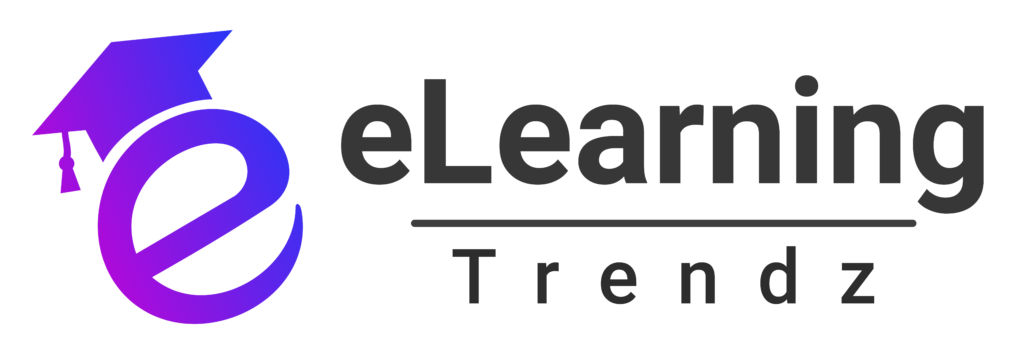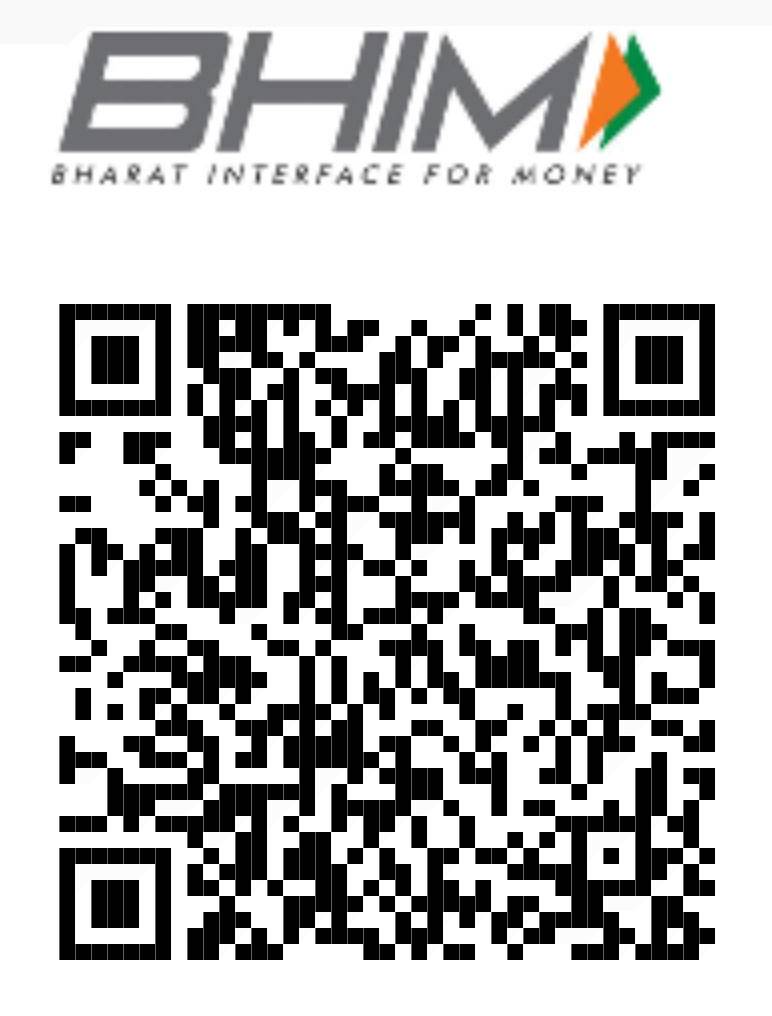
Share this post

Pradnya Maske
Pradnya Maske is a Product Marketing Manager with over 10+ years of experience serving in the eLearning industry. She is based in Florida and is a senior expert associated with Paradiso eLearning. She is passionate about eLearning and, with her expertise, provides valued marketing services in virtual training. Her background includes analyzing, designing, and developing marketing programs to grow and expand online learning programs. She is an expert in building product marketing strategies and working on market trends, competition and pricing. Her true passion lies in solving learning problems and making learning accessible to all.
View Profile
Facebook
Twitter
LinkedIn
Pinterest
Recent Posts


A Modern Blueprint for AI-Driven Course Creation
November 28, 2025

A Practical Roadmap to Building Smarter, High-Impact AI Courses
November 27, 2025

How to Pick the Best Online Course Creator in 2026
November 27, 2025

AI and Instructional Designers: The Future of Course Creation
November 27, 2025
Related Post


A Modern Blueprint for AI-Driven Course Creation
November 28, 2025

A Practical Roadmap to Building Smarter, High-Impact AI Courses
November 27, 2025

How to Pick the Best Online Course Creator in 2026
November 27, 2025









